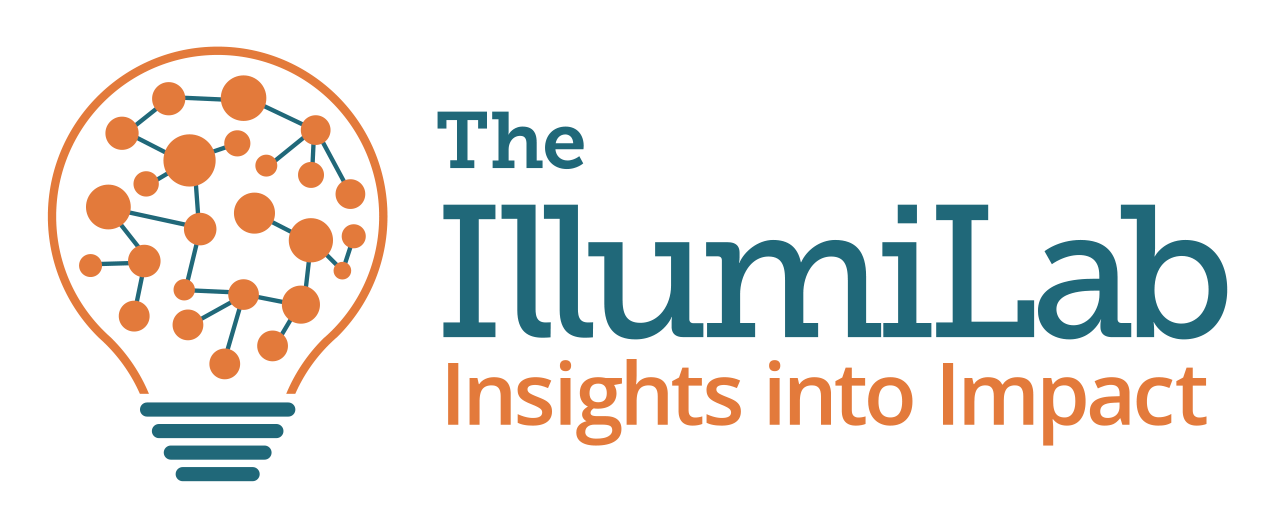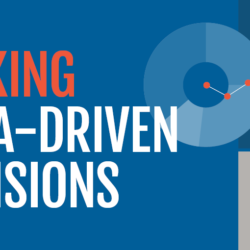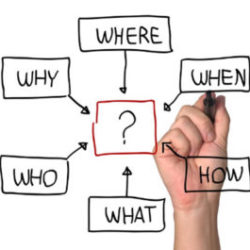Bringing Data to Life: Facilitating Engaging Discussions
I’ve been to countless team, committee, and Board meetings where entire packets and slide decks of lists, tables, and graphs of data are presented only to be glanced at and set aside. Rarely do we visualize and present data in a way that suggests we could and should reflect on or engage with it. What[…]









